|
|
||
|
Pro Tools
FILMFESTIVALS | 24/7 world wide coverageWelcome ! Enjoy the best of both worlds: Film & Festival News, exploring the best of the film festivals community. Launched in 1995, relentlessly connecting films to festivals, documenting and promoting festivals worldwide. Working on an upgrade soon. For collaboration, editorial contributions, or publicity, please send us an email here. User login |
Sokurov's FAUST, RIFF review!film still of 'Faust' (2011) Russian director Aleksandr Sokurov's FAUST (2011) held its world premier in Venice at the 68th Venice Film Festival this year taking the coveted Golden Lion prize for best picture. It then went on to screen its North American premier at TIFF in Toronto and has now continued its round to Iceland at the Reykjavik International Film Festival (RIFF). Based on the German myth of the same name, this unusual masterpiece film proves that it is not star power names of actors and/or some kind of mathematical formula that makes quality cinema worthy of a prize such as Venice’s Golden Lion. Sometimes the film worthy of winning is the one that pushes all the envelopes and gives the world something it has never seen before. Ask any American buyer in the US and they will tell you most arthouse films are ‘too arty’ or ‘too foreign’ with no 'name actors’ and thus would 'never sell in America'. Well, there is always the exception when a film is lucky and good enough to receive attention globally, thus rising out of the ashes of obscurity and finding its way all over international news. FAUST is one such film. FAUST is a film that is anachronistic in style (hyper-surrealism set in Goethe’s mid 18th century about the ancient German legend FAUST). One might ask the point of yet another take on the legend of Dr. Faustus, but I say the world needs to re-examine and re-interpret old myths on a continual basis in order to fully understand the complexities of human understanding, and misunderstanding for that matter. The story of FAUST, as everyone knows, is about a man who forfeits his good Christian faith and opts to make a pact with the ‘Devil’ for the pursuit of wealth, power and knowledge. Now, as ‘Faust’ is an ancient German myth, one could well assume that it derives from a pagan Germanic story about a man walking on a thin line between good and evil forces of life, an archetype of the human experience. However, since the arrival of encompassing Catholicism in Germany, it is easy to assume that the heavy Christian doctrine transformed the reading of this old myth from one of pagan balance to one of Christian imbalance where anything not done in the name of God and Church and not in the light was considered devilish. Different times call for different readings of old myths and this new film of FAUST by director Aleksandr Sokurov does just that. The film begins with Doctor Faust (a stellar performance by Johannes Zeiler) taking advice from his very devout Christian associates who advise him to ‘do without’, ‘be hungry’, ‘deny thyself’ in order to live a good Christian life in the light and an assurance of entrance to Heaven upon death. But Faust can only ‘do without’ and ‘be hungry’ for so long until the lack and the hunger eat away at him and he seeks a different kind of light than that of faith, but that of knowledge, experience and wealth in the here-and-now, on Earth rather than it is in Heaven. Faust makes a new friend, Mephistopheles (aka ‘The Moneylender’ played by Anton Adasinsky), of whom he follows around throughout the rest of the story. Mephistopheles in this film is a deformed old man without wings resembling a pig without gender and a tail like a baby boy’s genitals. Who is this creature that Faust follows and listens to like a good and loyal advisor? And is this Mephistopheles all bad? Sokurov forces us to take another look at the so-called ‘Devil’ that Faust follows who many times in the film offers good advice to Faust. Faust refuses to take the often sound advice of his ‘Moneylender’, acting on his own rash impulses. Here, the Devil acts as more of a mentor rather than a dark angel leading a confused man towards the path to Hell. He warns Faust against doing things for wrong reasons and encourages him to turn away from primitive unbecoming behavior. In fact, it is Faust himself who acts more the animal at times than our deformed Mephistopheles. When Faust continuously commits heinous acts satisfying his darker nature and appetite for destruction, it is Faust who brings the dark turns of his life upon himself. Through a series of real and then surreal sutured sequences and oftentimes moments of such arresting dreamlike images, the film takes us on an unforgettable and weird journey through life in old Germany when an Everyman walks the thin line of existence between good and evil, light and dark, penitence and unashamed desire, sacred and profane, God and Devil. What side will he stick to? Or will he manage to stay somewhere in between? This is a story of the individuation process and on the choices we make in life on our path, whether they lead us to a life of happiness and bliss or eternal shame and frustration. Here, it becomes unclear what Faust’s fate will be as we are left to wonder when Faust kills off his demon and wanders into the wilderness alone. But is Faust a person or a myth? And can there be an end or a resolution? Well, I think the end of Faust’s story begins with our own. Written by Vanessa McMahon, September 27, 2011
Director Aleksandr Sokurov winning The Golden Lion at 68th La Biennale. photo by Associated Press
28.09.2011 | Reykjavik International Film Festival's blog Cat. : advisor Aleksandr Sokurov Alexander Sokurov America Anton Adasinsky Arts Associated Press Director Doktor Faust Entertainment Entertainment Faust FAUST Faust Faust: The First Part of the Tragedy Film Germany Goethe's Faust Golden Lion Golden Lion prize Iceland Johann Wolfgang von Goethe Johannes Zeiler Mephistopheles Movie Release Opera Person Career premier Religion Religion RIFF review! Sokurov's FAUST the 68th Venice Film Festival the Golden Lion the Reykjavik International Film Festival Toronto Vanessa McMahon Venice Works based on Faust Works based on the Faust legend FILM
|
LinksThe Bulletin Board > The Bulletin Board Blog Following News Interview with IFTA Chairman (AFM)
Interview with Cannes Marche du Film Director
Filmfestivals.com dailies live coverage from > Live from India
Useful links for the indies: > Big files transfer
+ SUBSCRIBE to the weekly Newsletter Deals+ Special offers and discounts from filmfestivals.com Selected fun offers
> Bonus Casino
User imagesAbout Reykjavik International Film FestivalThe EditorUser contributions |



















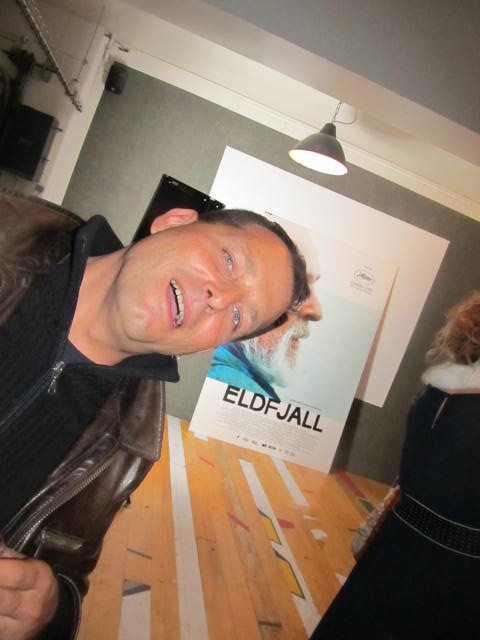
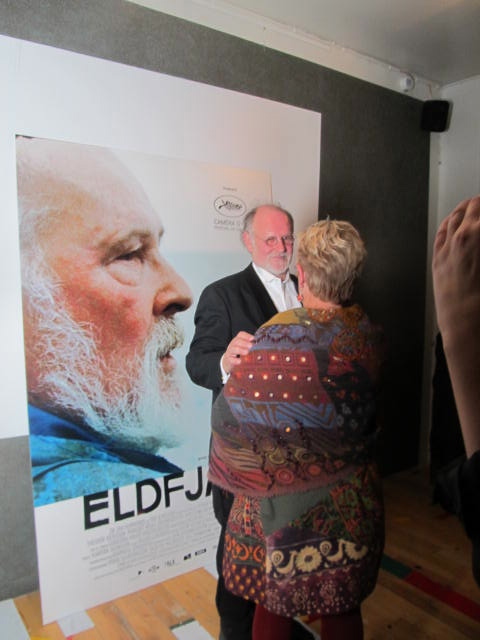
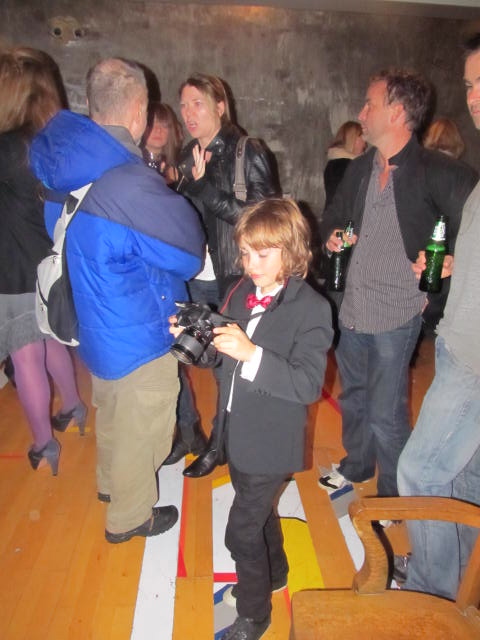
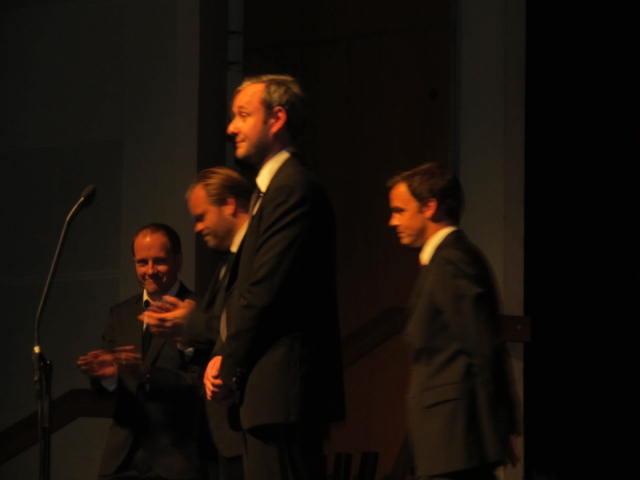
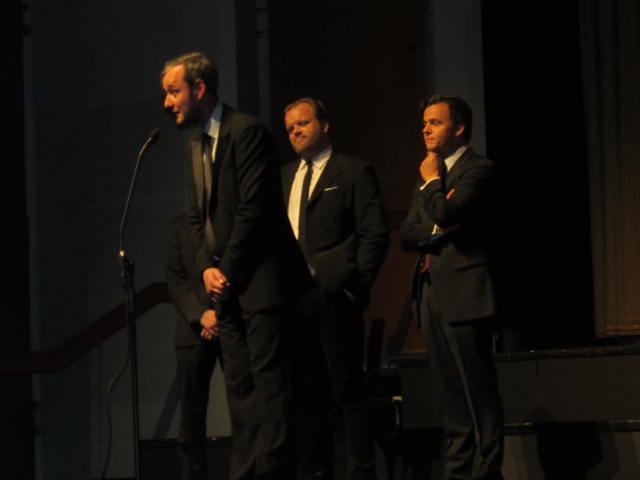
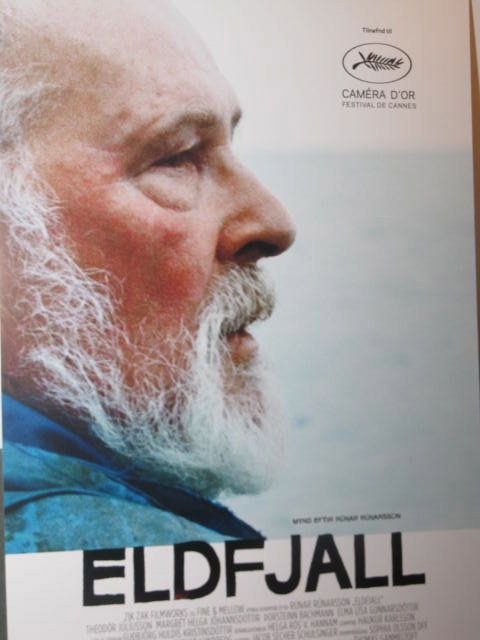
 Marinósdóttir Hrönn
Marinósdóttir Hrönn 


